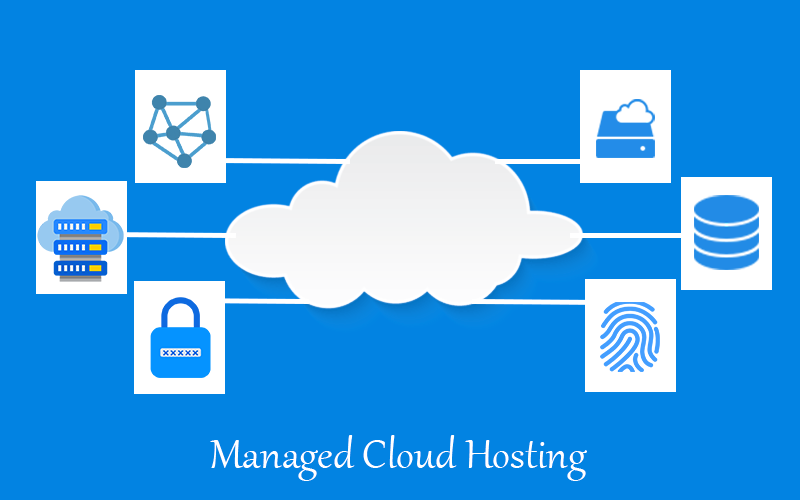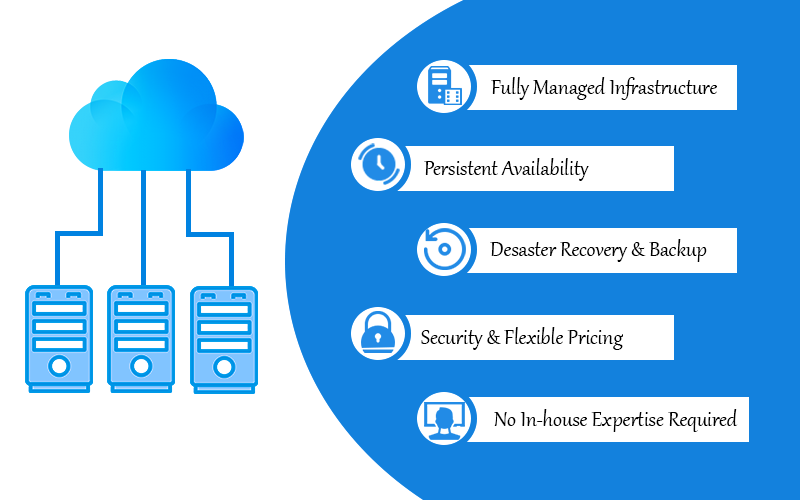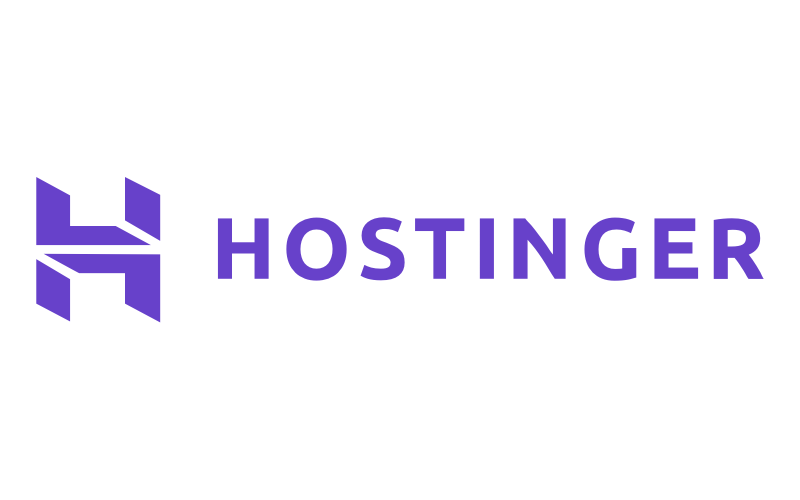The mass adoption of cloud computing and hosting technologies completely transformed the deployment of web and mobile applications over the internet. Statista forecasts that IT companies will spend 1.58 trillion USD on cloud computing services by 2024. In this regard, managed cloud hosting is one of the advanced approaches after cloud hosting.
However, before discussing what is managed cloud hosting and its potential benefits, you must be aware of cloud hosting.
What is Cloud Hosting?
Cloud Hosting enables deploying applications and websites on a cloud network instead of conventional on-premises hosting solutions. With cloud hosting, you can deploy your apps and websites on several physical or virtual cloud servers with great scalability and flexibility.
Withal, traditional hosting solutions only depend on a single server. In addition, cloud hosting only asks for used resources’ charges from users.
What is Managed Cloud Hosting?
Managed cloud hosting is an advanced form of cloud hosting that authorizes businesses to approach database, storage, software, and hardware resources through numerous remote servers on the cloud. Moreover, managed cloud service takes care of complete cloud infrastructure and sets up tasks. You can also call it managed cloud computing.

In other words, companies can host their applications and websites without dealing with infrastructure and having in-house IT expertise with this service. Managed cloud hosting providers are liable for software upgrades and server and hardware maintenance. Similarly, you can acquire these remote cloud servers on an hourly or monthly basis according to the requirements of your project. Or you can also say managed cloud hosting only costs for used resources from users.
Likewise, if you employ Elementor Managed Hosting or Cloudways to host any of your websites or applications, these platforms deploy them on multiple remote servers. Correspondingly, these managed cloud hosting providers administer hardware & software resources, security, and constant availability. Also, companies wouldn’t have to get expertise from IT professionals in this regard. They can simply focus on the major goals of their businesses.
Benefits of Managed Cloud Hosting
According to a recent survey, 72% of world enterprises indicated using a hybrid cloud strategy. The hybrid cloud approach is basically the combination of both public and private cloud hosting. It means cloud computing solutions offer numerous advantages to IT companies.
Let’s dive into the core benefits of managed cloud hosting:

Persistent Availability
Guaranteed uptime is one of the primary features businesses consider when choosing a hosting solution. Luckily, managed cloud hosting comes with more than 99% uptime, and you would have to be embarrassed in case of downtime. The use of multiple and remotely installed servers also plays a significant role.
Yes, compared to traditional hosting, it doesn’t depend on a single server to host your site or mobile application. Consistent availability also improves search engine rankings and enhances users’ trust in your brand or service.
Support
Remarkably robust customer support is another great advantage of using managed cloud solution than cloud hosting. As we know, MCH owns complete control over the infrastructure, so this hosting solution offers friendly 24/7 support to customers.
Security
Assorted layers of security and regular examination of servers by cyber security experts make managed cloud computing highly safe. Yes, you can find excellent protection with Intrusion Prevention System (IPS), system scanners, Virtual local area networks (VLAN), DDoS prevention systems, and antiviruses when you get managed hosting.
Flexible Pricing
Although it is easy to guess that managed hosting is expensive compared to unmanaged hosting but, its flexible pricing model makes it unique. Indeed, most managed cloud computing providers follow a pay-as-you-go pricing approach. In order to do that, you only have to pay for utilized resources.
Disaster Recovery & Backups
This managed cloud computing service keeps your app’s data hourly, weekly, or daily according to your plan type. Therefore, in case of any disaster, your data will remain accessible and safe. On the other hand, these computing providers have global data centers. So, in case of any accidental event with one data center, they will keep hosting your data on other servers installed in different locations.
No Need to Employ In-house IT Experts
Hosting service providers take care of setting up infrastructure and software resources. That is why you don’t have to hire an in-house IT expert to install and maintain servers. By the same token, this cloud computing approach enables the development teams to avoid on-premises deployment and maintenance costs.
Limitations of Using Managed Cloud Hosting
With multiple advantages, this form of hosting also has some drawbacks that we are discussing below:
Best Managed Cloud Hosting Providers
If you are looking for reliable providers after understanding what managed cloud hosting exactly and its pros and cons, see our suggestions:
1. Cloudways
Cloudways is one of the ideal managed cloud hosting providers successfully used by 90k businesses around the globe. In this regard, it has also hosted more than 570,000 websites. Although you can try it for free, but its monthly cost begins from $14 for 1 GB RAM and 1 Core Processor.

2. Elementor Managed Hosting
If you are searching for an all-in-one fully managed hosting solution for your WordPress website, you should consider Elementor. It comes with the robust backing of Google Cloud to build and deploy applications seamlessly. The monthly fee of its Basic program is about $9.99 for 10 GB SSD storage, 30 GB bandwidth, and 25k traffic.

3. Hostinger
Probably, many of you would only be aware of the cloud hosting programs of Hostinger, but it offers fully managed WordPress under this same category. Therefore, you can smoothly approach an entirely administered WordPress hosting service with its Cloud Startup, Cloud Professional, and Cloud Enterprise packages. It costs $9.99/month under the basic plan.

4. DigitalOcean
Are you finding a cost-efficient platform with a fully managed infrastructure & backend services? If yes, you shouldn’t ignore DigitalOcean. It only charges 10 to 20 percent of the actual price that other service providers demand. All in all, with better support and flexible API, DigitalOcean could be a worthwhile provider.

5. Hostwinds
Hostwinds is the last managed hosting provider on our list. It has features like 99.9999% uptime, free migration, SSD backing, and much more. However, consulting their support team before acquiring a plan is better.

Conclusion
Undoubtedly, managed cloud hosting is a costlier option compared to unmanaged, shared, and cloud hosting to host a website or app. Withal, guaranteed uptime, outstanding technical support, and excellent performance for growing websites make managed cloud hosting a perfect option for all sizes of businesses.
Hopefully, this article will aid you in understanding all aspects of managed cloud hosting. You can also share your experiences with us.




Comments are closed.